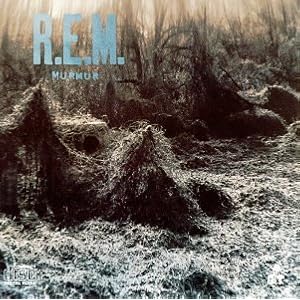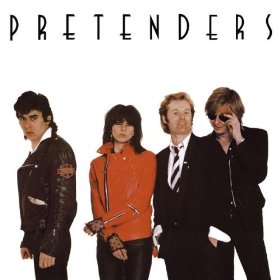
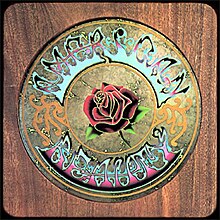
I know I am cheating by including two albums here but Workingman’s Dead and American Beauty were recorded about five months apart and in total clock in at just under 70 minutes, which today could fit on one CD. More importantly these two albums are quite similar musically as they cover folk, blues, Appalachia, as well as country and western in a way that is still fresh some 40 years later. Furthermore, along with The Byrds’ Sweetheart of the Rodeo, these albums ushered in a new era of country-rock that would flourish throughout the 1970’s and is still being felt today.
Workingman’s Dead and American Beauty were huge departures from the Grateful Dead of the 1960’s. Gone was the psychedelica that anchored the San Francisco hippie music scene and in its place the Dead explored traditional-flavored American music with lyrics that were more winsome than mind blowing. However it was these two albums that propelled the Grateful Dead into the mainstream and created a band personae that went way beyond the cult following of the Dead’s early career. The fact that at least four songs from these albums can still be heard on classic rock radio station such as KQRS (and occasionally on The Current) is a testament to each album's staying power and popularity.
Workingman’s Dead came out in June 1970 and must have been a huge surprise to Dead fans. Uncle John’s Band kicks-off the album and although it is somewhat trippy, it was much more country than anything else previously from the Dead. This song has personal resonance too as it was played at my friend Bill Fadell's funeral. The second song, High Times, is practically Jerry singing acapella with just a bluesy guitar in the background. Cumberland Blues comes straight out of the West Virginny coal mines, while Casey Jones is an acid-washed, country-tinged bluesy train song.
If fans thought that Workingman's Dead was a one album fluke, American Beauty, which came out only five or so months later, quickly disabused them of that notion. The album starts with one of the singularly most beautiful songs ever written – Box of Rain – which was written and sang by Phil Lesh for his dying father. It’s a song about a son trying to understand the meaning of life in the face of his father’s death. Friend of the Devil, Sugar Magnolia, and especially Ripple (all of which became concert favorites of Deadheads for the next 25 years) are songs that could easily be found on an album from an old-timey folker or from a smart ass alt-country band from Austin, Texas. The songs are that timeless. The album ends with Attics of My Life and its beautiful 3-part harmony and of course the fan (and KQ) favorite Truckin.’ With Truckin’ the Dead look back and close the door on the 60’s with the now classic line “What a long, strange trip it’s been."
Don’t get me wrong, these aren’t musically spare country or folk songs with guitar and rhythm section consigned to the background. No, the songs are highly textured with most have at least three guitars, mandolins, etc., playing different parts. It’s pretty heady stuff and I think most Dead fans, then and now, could get their freak on with both these albums. Another highlight is the harmonies. Most of the songs on Workingman’s Dead and American Beauty have at least 2-part, if not 3-part harmonies and Jerry was never in better voice. Garcia’s guitar work is stellar and the rhythm section is top notch, especially during the “boogie” songs such as Cumberland Blues and New Speedway Boogie. These aren't two sides of one album either. Workingman is a little bluesier, Beauty a little more folk and country.
As I mentioned above, these albums, for better or worse, ushered in the era of country rock and bands such as the Eagles, Poco, Linda Ronstadt, etc., would shortly become mainstays on the American pop charts. However, these two albums are as vital and influential today as they were some 42 years ago and are one of the reasons why the Grateful Dead became such cultural icons. The Dead deservedly have earned their hippie jam band reputation and their fans can be a little much but if you can get past those stereotypes, I think you will find Workingman’s Dead and American Beauty quite wonderful albums.
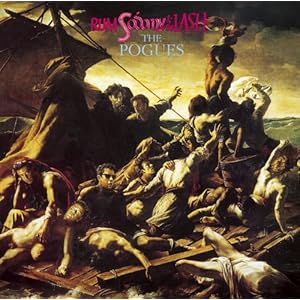

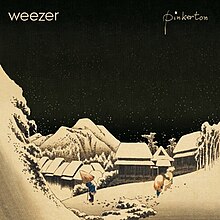



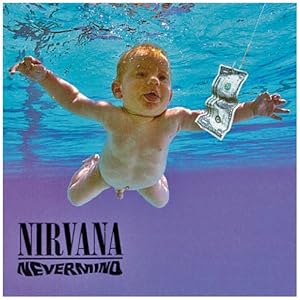

 (3 votes, average: 9.00 out of 10)
(3 votes, average: 9.00 out of 10)